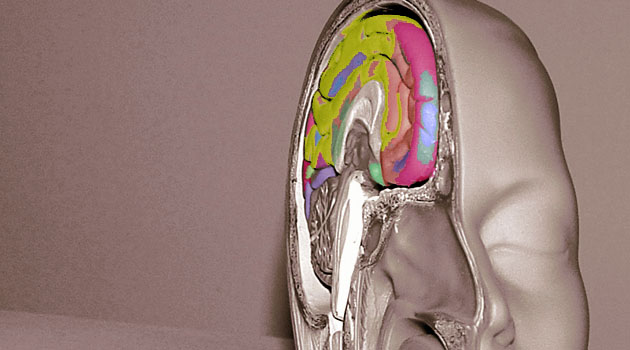Social media is to the working writer as is a ball to the puppy in obedience training. Set it in front of her and curiosity often wins, unless the reward for ignoring it far outweighs the rewards of chasing it. In the writer’s case, when that little red Facebook notification pings, it is nearly impossible to avoid diddling away an hour by scrolling and posting and liking and commenting. Or, I’ve found that to be true for me at least.
In my own behavior regarding social media, I’ve noticed a near constant need while at the keyboard to check for notifications, scroll, and generate pithy status updates. I’ve noticed it in others, too. Writer after writer—my friends—comment about the distractions that prevent them from making progress on their writing projects. As it turns out, the rewards—hearing the sound of the ping and seeing the little red number in the top right of my Facebook page—are precisely what make social media so insidious. Thanks to our biology, the pleasures of publishing can hardly compete.
Researchers have discovered that self-disclosure strengthens our urge toward instant gratification. The minute we update our status and begin waiting for the “likes” and comments to roll in, we are strengthening the pathways in our brains that cause us to seek this form of pleasure again. Victoria Sadaat writes, “An extremely psychologically intuitive business model, social networks take cues from human psychology ….”
Research now suggests that dopamine is closely associated with seeking, working in tandem with our brains’ opioid systems, which cause us to experience pleasure. The notification that we have a “like” or a comment tickles our neurotransmitters, triggering a dopamine dump in our brains, teaching us to seek pleasure in the same form. A behavioral loop is set into motion, and after awhile, it seems we can hardly get enough.
This loop is dangerous for writers. Dopamine and the opioid system are also active when a writer writes and is published. The act of publishing creates pleasure so the writer will then seek out that pleasure again and again, creating a loop in which the writer writes, publishes, writes, publishes. But this loop is often thwarted by social media because, biologically, our brains are wired to choose pleasure now rather than pleasure later, just like Pavlov’s dogs. There is no instant gratification associated with writing and publishing—the rewards are long term.
That goes for the actual act of writing, too. Writers find pleasure when they discover the perfect word or turn of phrase. Doing so takes actual work and thought. The difference is that snapping a selfie or generating a funny status update is much easier than finding the precise words and images for creative work. The pleasure of finding the beautiful word or turn of phrase is endangered by the instant gratification of public recognition.
Lately, I’ve pulled back from social media because I’ve developed behaviors that I find unseemly: nosiness, a short attention span, and, of course, a need to check in too often when I’m at the keyboard to write. I’ve decided I’d rather save my dopamine for when I actually publish. But the decision has been hard. I’ve trained my brain over the past several years toward instant gratification, and I’ve found that pulling back has me going through a certain sort of withdrawal. I’ve had to work harder to refocus on my creative writing tasks. When I find myself stuck, trying to find the precise image or word, I often have to fight the urge to click over to my newsfeed and zone out. It’s been a battle of sorts to remain present in my creative work. When I do succumb, click over and zone out for any length of time, it’s harder to re-enter my creative work and I often find myself stymied by my inattention, unable to locate the words I want and need.
Slowly, slowly, I’m weaning myself away, but I’m addicted. And, I’ve found that my addicted brain wants to zone out rather than do the hard work of writing. I’ve begun logging out of my Facebook page rather than allowing myself to stay logged in. Logging out has allowed me to take a step back and think because it takes a bit of time to log back in. I’ve also changed my settings so the notifications’ sounds don’t interrupt my writing. When tackling particularly difficult pieces of writing, I’ve had to disconnect my wi-fi so I can’t get online.
I know what you’re thinking: why don’t you simply de-activate your account?
I’m not quite ready to go cold turkey.
 Jennifer Ochstein is a writer and teacher living in Indiana. She has published book reviews with the “Brevity” and “River Teeth” blogs as well as essays with Hippocampus Magazine, The Evening Street Review and Connotation Press. Follow her at jenniferochstein.com.
Jennifer Ochstein is a writer and teacher living in Indiana. She has published book reviews with the “Brevity” and “River Teeth” blogs as well as essays with Hippocampus Magazine, The Evening Street Review and Connotation Press. Follow her at jenniferochstein.com.


1 comment on “The Writer’s Enemy”